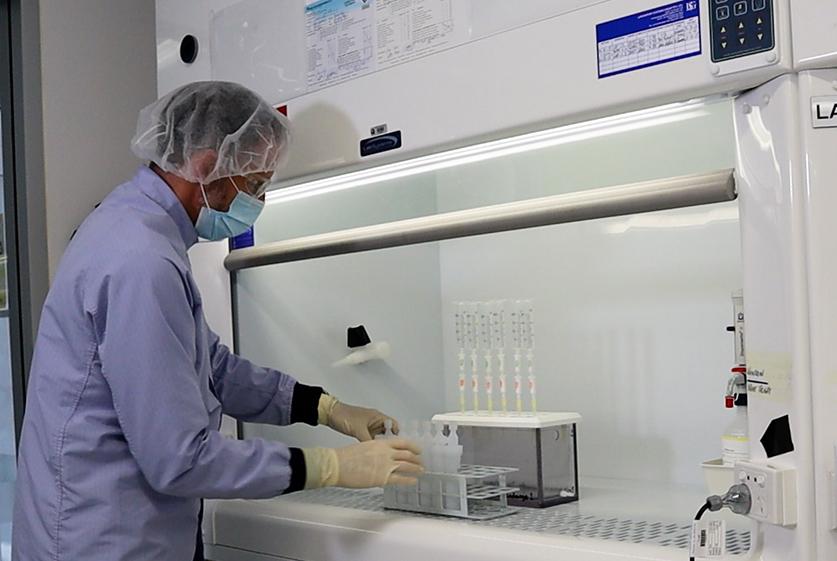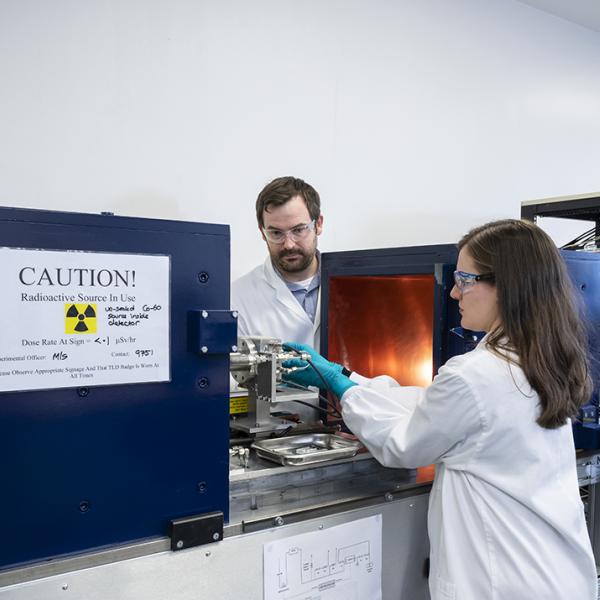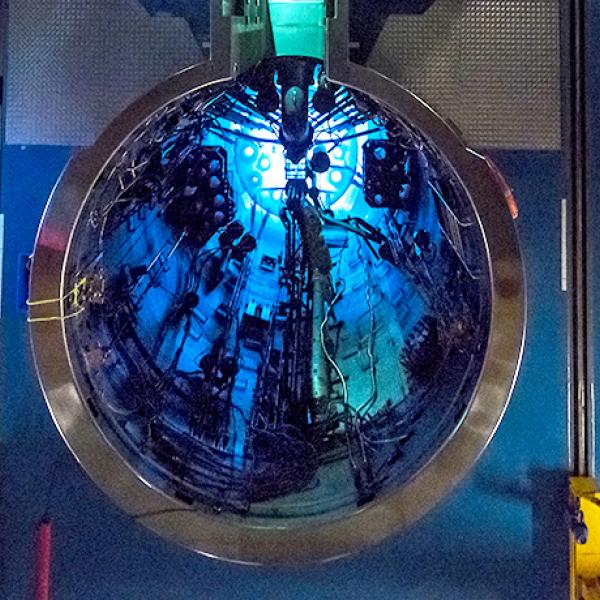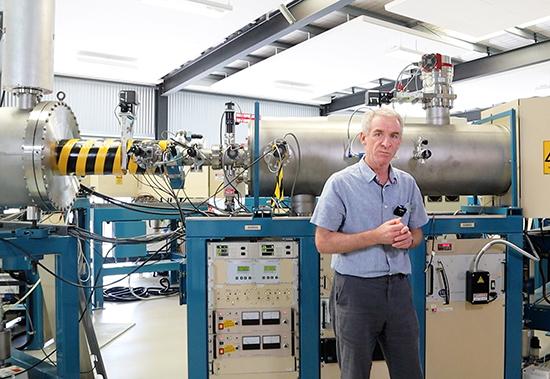
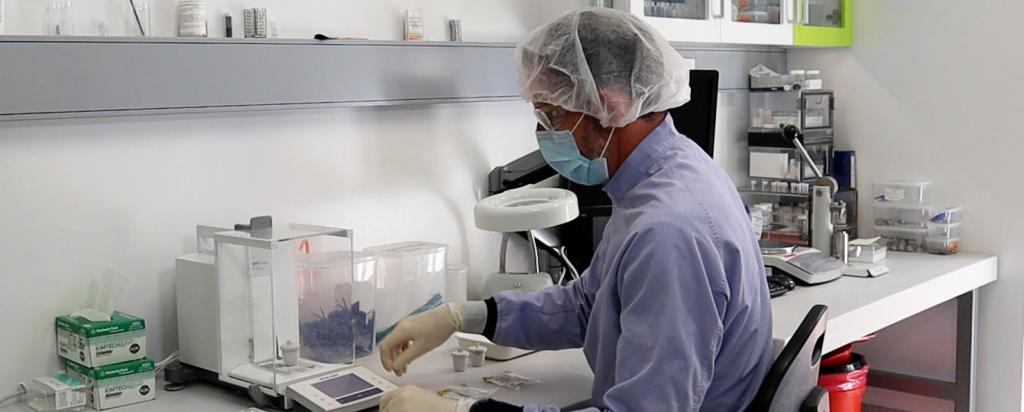
Published on the 28th July 2022 by ANSTO Staff
ANSTO has a role in the global monitoring system on behalf of Australia to ensure non-proliferation of weapons and that nuclear technology is only used for peaceful purposes.
To ensure nuclear technologies are only used for peaceful purposes, the IAEA has a comprehensive system of safeguards, both physical inspection and technical surveillance measures, to monitor and verify that member states are fulfilling their commitments to nuclear non-proliferation.
The IAEA maintains a network of analytical laboratories (NWAL) around the world, which includes ANSTO, in addition to its own specialist facilities, to safeguard against nuclear weapons proliferation. Member states have obligations under comprehensive safeguards agreements, which are continuously monitored.
Samples collected by IAEA inspectors at nuclear facilities are sent to selected laboratories in the network. ANSTO’s Centre for Accelerator Science in Sydney is one of the laboratories in the network.
The Centre for Accelerator Science at ANSTO provides ultra-sensitive analysis of samples on the VEGA accelerator to determine if there is any uranium and plutonium or fission products present that may indicate evidence of a nuclear weapons development program. A specialist team at the IAEA assesses the results.
“We are the only supporting laboratory that offers accelerator mass spectrometry, which has the capacity to do what conventional analytical methods cannot,” explained Dr Michael Hotchkis, who supervises these measurements at the Centre for Accelerator Science with Chemistry Group Leader David Child.
“This effort requires highly specialised and dedicated facilities and staff to maintain a capability at the cutting edge of international best analytical practice”.
The analysis can be performed on soil, sediment, vegetation, water, or surface swipes collected from equipment within monitored facilities.
The samples are prepared in the Centre’s specialist laboratories to extract actinides, such as plutonium and uranium before they can be analysed.
The facility is also deeply involved in international efforts in partnership with the IAEA to improve analytical practices and detection capabilities for safeguards signatures in the environment, as well as improve air quality for health outcomes.
A new radiation and detection imaging technology CORIS360®developed at ANSTO could be used in monitoring environments to support compliance with non-proliferation.
ANSTO also maintains a nuclear forensics capability to support nuclear security.
